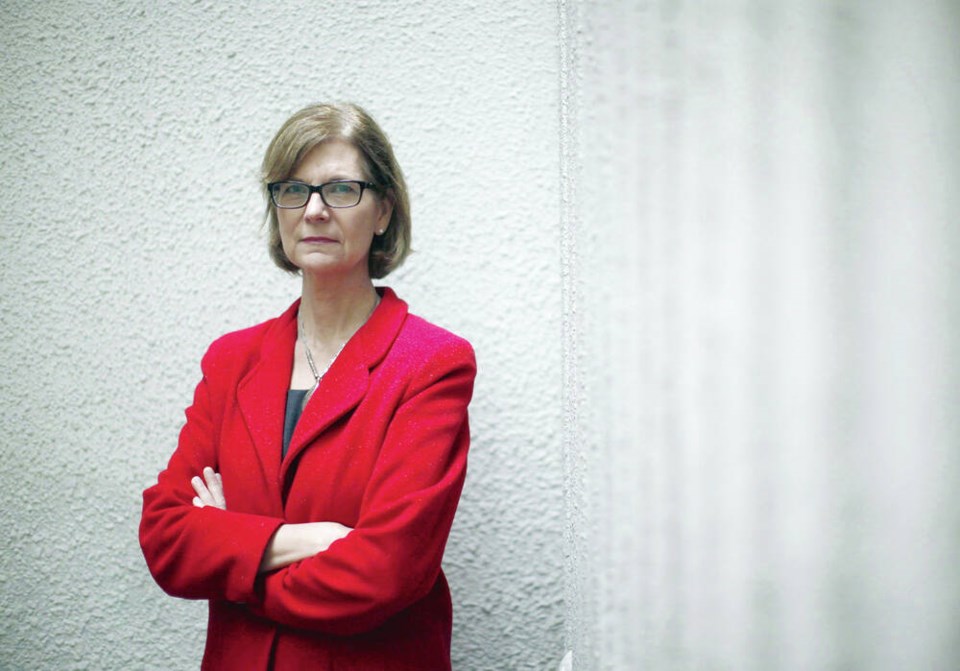A recent report by the B.C. seniors advocate makes grim reading.
Nearly half of the seniors in our province have incomes below the minimum wage, while a quarter are eking out a living on less than $21,000 a year.
As a result, 84 per cent of low-income seniors report running out of money for food at some point, and the use of food banks by seniors rose 78 per cent over the past five years.
Part of the problem is that public pension plans have not kept up with the cost of living in high-price regions like B.C.
As the report points out, while the minimum wage increased by 40 per cent between 2015 and 2020, seniors’ pension income increased by only 14 per cent.
Obviously, housing costs are a huge challenge. Over the past decade, the allowable rent increase climbed 34 per cent in B.C., while pension incomes rose by just 25 per cent.
An unfurnished one-bedroom apartment in West Vancouver now costs $2,621 a month. That’s the highest rate in the country, and well beyond the affordability range for many seniors.
In an attempt to offset these astronomical prices, the B.C. government offers a rent supplement for low-income seniors called SAFER (Shelter Aid For Elderly Renters). But although the program aims to limit rent payments to no more than 30 per cent of income, it has manifestly failed to do that.
At present, seniors living in a one-bedroom apartment in Vancouver will spend more than 60 per cent of their income on rent. That leaves precious little for the other necessities of life — food, transport, clothes, medical and dental bills, etc.
Likewise the province’s Seniors Subsidized Housing program (SSH), which also helps with rent payments, has fallen hopelessly behind. The wait list has grown by 50 per cent in the past five years, while fewer than 10 per cent of eligible applicants were assisted last year.
The seniors advocate raises an additional concern. At present seniors living at home who require daily assistance, such as help with mobility, bathing and grooming, can receive publicly subsidized home support.
But for many, the cost is prohibitive. Seniors making $28,000 a year pay $8,800 for a daily 45-minute visit. That’s 30 per cent of their annual income.
Here again, a program meant to help elderly folks maintain their independence is visibly coming up short.
Worse still, this arrangement makes no sense. It costs far more than $8,800 to move someone into a nursing home — often the only viable alternative.
It would actually save the government money to reduce the daily rate for home support so that more seniors can remain in their home.
Overall, the picture that emerges from this report is a huge regression in quality of life for many of our elderly citizens, driven by sky-high housing costs, and the failure of various support programs to keep up.
This is a dramatic turnaround from the position 30 years ago when, after decades of languishing at the bottom of the income scale, seniors attained a comfortable living, thanks in part to government assistance.
What has happened in part is that priorities, at both the federal and provincial level, have shifted toward aiding low-income families with children. By all means that need is real.
But it shouldn’t come at the price of abandoning the elderly.
B.C. will have a new premier in December, when John Horgan steps down.
His successor should honour the longstanding promise that our elderly can retire in dignity and comfort.
>>> To comment on this article, write a letter to the editor: letters@timescolonist.com



